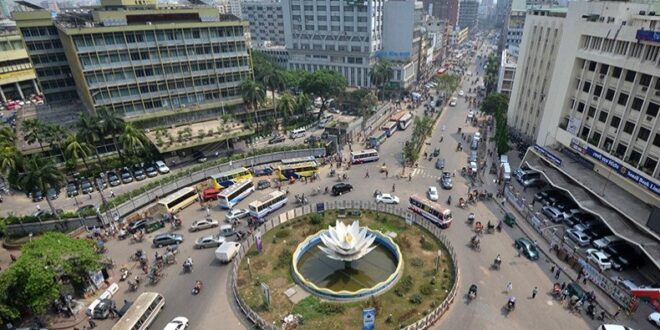The excess liquidity in the country’s banking sector saw a decrease, falling by 5.38 per cent to Tk 1.54 lakh crore at the end of January compared to December 2023, according to Bangladesh Bank data.
This decline follows a pattern of fluctuations, with the volume of excess liquidity at Tk 1.61 lakh crore in December, Tk 1.41 lakh crore in November and Tk 1.59 lakh crore in October of 2023.
Of the surplus liquidity in the banking sector, more than 80 per cent was in the form of securities, including treasury bills and treasury bonds.
Banks have been facing a severe liquidity shortage due to factors such as high defaulted loans, increased dollar sales by the central bank, low deposit growth and a high volume of cash held outside banks.
To alleviate the liquidity shortage, many banks resorted to the central bank and took local currency equivalent to more than $1 billion under a recently launched swap arrangement.
The instability of the dollar on the financial market led the Bangladesh Bank to significantly increase dollar sales, absorbing an equivalent amount of local currency from banks, further weighing heavily on liquidity conditions in the banking sector.
To address the ongoing dollar crisis, the Bangladesh Bank sold approximately $30 billion to the country’s banks from its foreign exchange reserve over the past 32 months.
Of this amount, $9 billion was allocated to banks from July to February of the financial year 2023-24, $13.5 billion in FY23 and $7.62 billion in FY22.
Due to the dollar sales, Bangladesh’s gross foreign exchange reserve, as per International Monetary Fund guidelines, decreased to $20 billion on March 19 from $23.25 billion on August 31, 2023.
The excess liquidity in banks increased in July and August of 2023 due to the government’s high bank borrowing. The government borrowed Tk 1,24,122 crore in FY23, compared with Tk 59,833 crore borrowed in the previous financial year.
Of this amount, the government borrowed Tk 98,826 crore from the central bank and Tk 25,296 crore from the country’s commercial banks in FY23.
This surge in borrowing from the central bank led to an increase in money supply on the financial market, according to bankers.
Since June 2022, when the amount of excess liquidity in banks was Tk 2,03,435 crore, it has steadily declined.
As a result of the liquidity shortage, interbank borrowing from call money market has increased in recent days, leading to a surge in weighted average call money rate, which reached 8.7 per cent on Wednesday.
Besides, many people withdrew their deposits and held cash in their hands amid inflationary pressures.
As a result, the amount of cash outside the country’s banks stayed over Tk 2.57 lakh crore in January.
(NA)
 Welcome to Business Outlook
Welcome to Business Outlook




